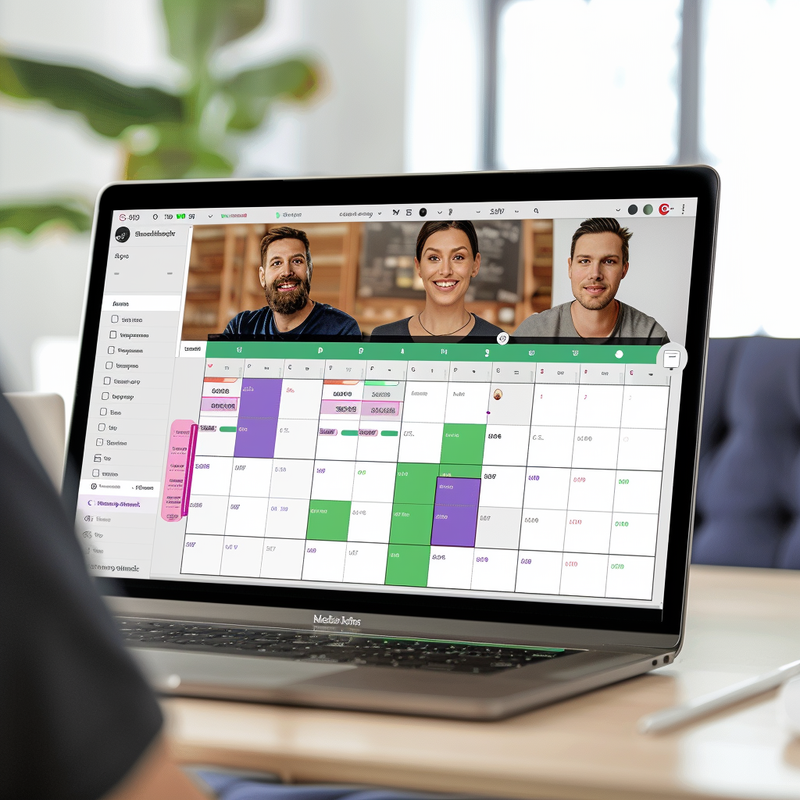Products








Pricing
Invite & Earn
Language
Login
Create a Free Account

Search
Search emails for any company using a domain name.

Verify
Verify email quality and deliverability.

Browser Extension
All what minelead has to offer quickly accessible in your browser.

Find
Find a professional email using a full name.

Addons & Integrations
Google sheets, Zoho, Hubspot and much more ...
Generate
Generate companies from keywords

Minelead API
Implement all the minelead features into your service.
Marketing
Unlock Higher Sales Potential with Minelead



